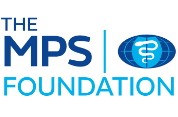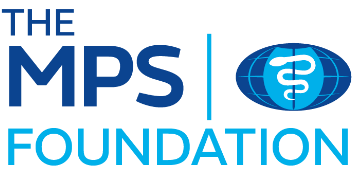Project title
The MPS Foundation Fellowship - The Impact of Menopause
Country
UK
Background
Menopause is a transition experienced by all women and is considered a taboo subject in many workplaces. It is estimated that by 2030 there will be 1.2 million menopausal and post-menopausal women globally. Given the average age of menopause is 51 and, in 2021, 47% of women aged 45-59 were employed, many women experience symptoms of the menopause whilst working. Multiple organisations worldwide have highlighted the importance of considering the menopause and adapting working environments, to support women to stay in work.
The implication for the healthcare workforce is clear. Three quarters of the UK’s National Health Service (NHS) workforce is female and 19% of the total NHS workforce was of menopausal age in 2019. Interventions including policies, guidelines, menopause cafes and clinics are being set up to support women experiencing menopause at work. There is limited evidence of the effectiveness of these interventions. Developing a greater understanding of what works, why and for whom, can support women to get the support they need.
Summary
Dr Fatma Sabet has been appointed as the research fellow to undertake this project and started in April 2025. You can find out more about Dr Sabet here.
Dr Sabet will initially identify interventions for NHS staff that aim to minimize the impact of menopause on the healthcare workforce, including those not yet published in the peer-reviewed literature. Once identified, the interventions will then be mapped to existing typologies and frameworks to determine their targets and mechanisms of action.
She will then, as part of the research team, undertake a realist evaluation with the aim to work with and learn from three purposively selected NHS Trusts to analyse the interventions being offered to support healthcare professionals experiencing menopause.
Alongside the two projects above, the Dr Sabet will undertake desk-based research to understand good practice internationally.
Outcome
This research will provide a better understanding of the interventions for menopause support at work. Understanding which interventions work (or not) for who in what settings as well as understanding why they work will help healthcare professionals experiencing menopause at work be better supported in the future. This improved support is likely to benefit the women themselves, as well as the organisation as it will not be losing its experienced staff.

